A few comparisons spring to mind with AMC's Kevin Can F**K Himself starring Emmy-winning actor Annie Murphy, a dark comedy about a housewife who plays along with her husband's sitcom-perfect world while secretly plotting his death. Marvel's WandaVision is a current favorite, with its laugh track and clever plays on nostalgia; Gillian Flynn's Gone Girl is another.
But near the end of the fourth episode, as Murphy's character Allison and her neighbor Patty (Mary Hollis Inboden) are on a dangerous road trip with a gun in the car, and a cop flashes his lights and pulls them over, you might start to wonder if Thelma & Louise is better.
"Yes, we'll take it!" Murphy told The Advocate during a virtual press event this week. "That's the one I'd like to accept."
"I love it," Inboden added. "If you ever get a chance, do go on a road trip with Annie Murphy, even if it's a fake one, because I had so much fun."
Kevin Can F**K Himself combines a multi-cam sitcom about Allison's husband Kevin (Eric Peterson) and a gritty, single-cam dramedy about Allison and Patty's lives in their hometown of Worcester, Mass. Inside the sitcom, Kevin is the classic funny guy, pulling pranks with his dad (Brian Howe) and his best friend Neil (Alex Bonifer) while his wife nags in the background. Outside the sitcom, Allison clings to a fantasy of a perfect future, even as Kevin casually destroys any valuable thing she gets her hands on. Patty, Neil's cynical younger sister, seems resigned to hanging out with the guys for the rest of her life, telling Allison, "Pretending things will change is how they sell washing machines."
RELATED: Annie Murphy Gets Dark in Kevin Can F**K Himself Exclusive Clip
The show is a new direction for Murphy and Inboden, who are best known for their previous roles in uplifting, queer-friendly comedies Schitt's Creek and The Real O'Neals, respectively. Writer and producer Valerie Armstrong told The Advocate that she knew from the beginning that these characters would be the hardest to cast. "It was a tall order. I wasn't comfortable just offering this role to anyone, Allison or Patty."
Murphy was on Armstrong's list from the beginning, even when the media circus around Schitt's Creek made her seem impossible to get. "She is so funny, and I always felt like she can do anything," Armstrong said. "She imbues Allison with this humanity and really gets you to root for her, even with some terrible decisions. We knew that Allison had to be funny in her own way, and Annie is so good at making her frustration and rage and discomfort hilarious. And then she just knocked the dramatic scenes out of the park."
Inboden caught Armstrong's eye during a brief appearance on Shrill, and despite that character's bubbly personality, she immediately knew that this was the Patty she was looking for. "I said to her recently, 'I think it might help that I had so little experience doing this job, because so often actors get pigeonholed,'" Armstrong said. "'Of course you can do more than one thing, who can do one thing if you're an actor?' And she said, 'That's exactly right, but that's not what people think.'
"Once I saw those two share a frame, I knew we had it. They are a fantastic team and have incredible chemistry."

Filming the sitcom scenes was an eye-opening and sometimes difficult experience for the two women -- particularly Murphy, who can't seem to get through an episode without having some kind of liquid thrown in her face. Kevin's constant put-downs range from annoying to downright mean ("I always forget mental illness runs in your family," he tells Allison at one point, laugh track blaring away), and they barely would have raised eyebrows in a real sitcom not that long ago.
"I really didn't think twice about what I was watching for such a long period of time, until I started working on this show, and now I can't unsee it," she said. "There is so much homophobia and misogyny and racism that has been shrouded with this laugh track for so many years."
"I always feel like I should have a quarter jar when I watch a sitcom these days," Inboden added. "At whose expense will this joke come? It's gonna be a woman, a person of color, a gay person -- it's coming, what is it?"
With the cameras always trained on Kevin's antics, they had very little room to engage with a scene or reveal much about their characters. Inboden recalled the opening shot where Patty is waiting her turn to play beer pong with the guys in the living room. "It was very physically active, I was up in the boys' face, and Valerie Armstrong came over and said, 'No, that's not your job. Sit there and throw out the occasional zinger, and don't give it too much energy.'"
It wasn't until Allison and Patty escaped outside and actually talked to each other, a textbook demonstration of the Bechdel Test, that things got interesting for them.
"Both Mary Hollis and I are so grateful that we have our world in single cam," Murphy said. "That's where we get to be actors doing meaty, exciting things. So many comedic actresses before us did not have that luxury. They just had to go in and be the setup for a joke, and have tomato sauce spilled on them, and then go home, clean up, and come back the next day and do it again."
Combining two genres allows the show to add interesting back stories to the sitcom tropes we're so familiar with: the housewife who's a terrible driver, for example, or the disaster-prone neighbor who comes over every day. It even plays into a very millennial joke about the struggling, working-class TV couple who can afford to live in a big four-bedroom house, e.g. The Simpsons or Roseanne -- a choice that lands differently when Worcester is shown as a declining city in the middle of the opioid epidemic, where once-comfortable neighborhoods are falling into disrepair.
"That's a real house in a not-great area of Massachusetts," Armstrong said. "From afar in those multi-cam establishment shots, it looks like any other house would. It's only when you're up close in the single-cam stuff where you're like, 'Oh, the stairs are falling apart. We need to make sure we secure these so the actors don't fall off of them.'"
A native of Connecticut, Armstrong wanted to tell stories about the "repressed New Englanders" she grew up with. She settled on Worcester when she remembered an old college roommate of her brother's. "He knew how backwards his hometown was, he knew it had real flaws and rot beneath it, and that it was outdated and a little embarrassing, and yet he had this immense, sincere pride to be from there, to have gone through what he went through living there. And also his accent was fantastic."
As television viewers come out of the pandemic, branded the era of wholesome, nice comedy by awards shows and critics, she hopes Kevin Can F**K Himself will be comforting in an entirely different way.
"I feel like I put the darkest, most vulnerable stuff that I think and feel into every one of these episodes, with the hope that someone else will watch it and say, 'Oh my god, it's not just me. It's not just me who's dissatisfied and angry and feels like I need to hide it.' I hope it makes people feel seen."
Kevin Can F**K Himself premieres Sunday, June 13 on AMC+ and Sunday, June 20 at 9pm ET/PT on AMC.
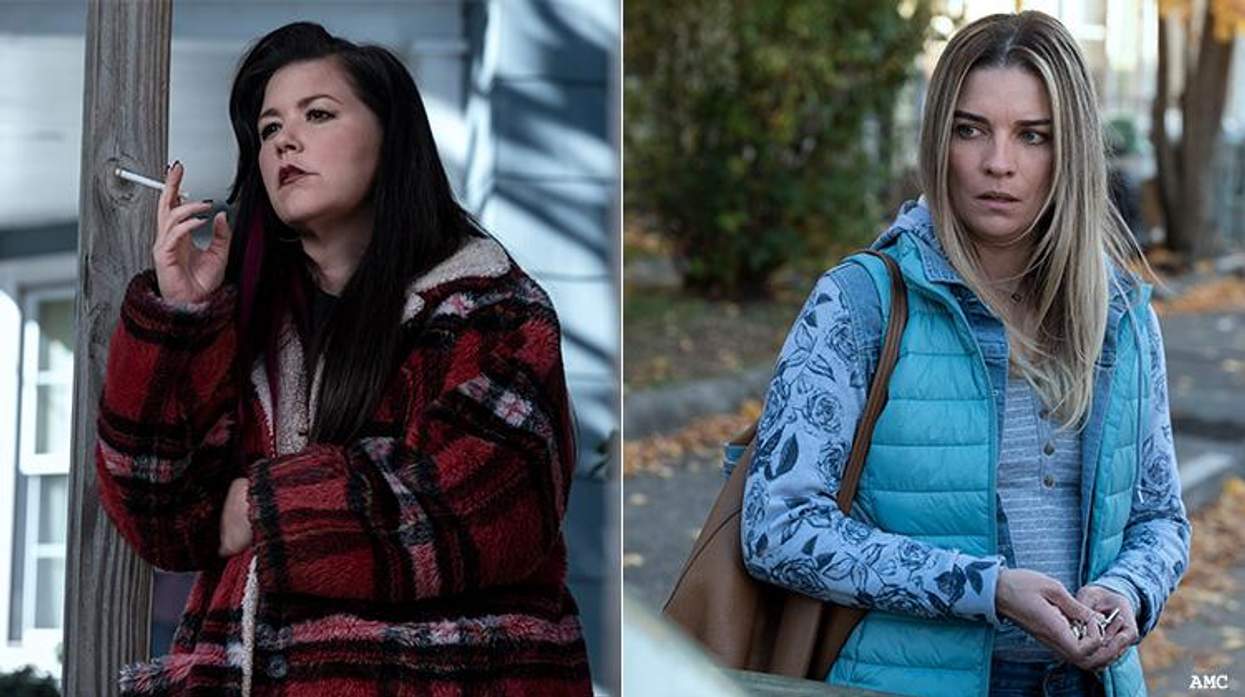

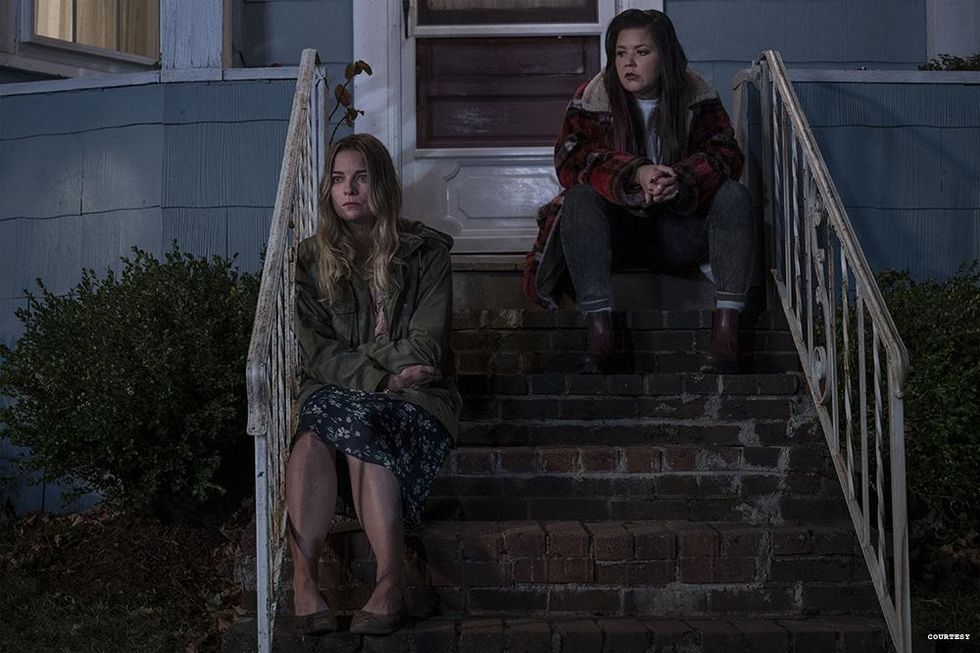








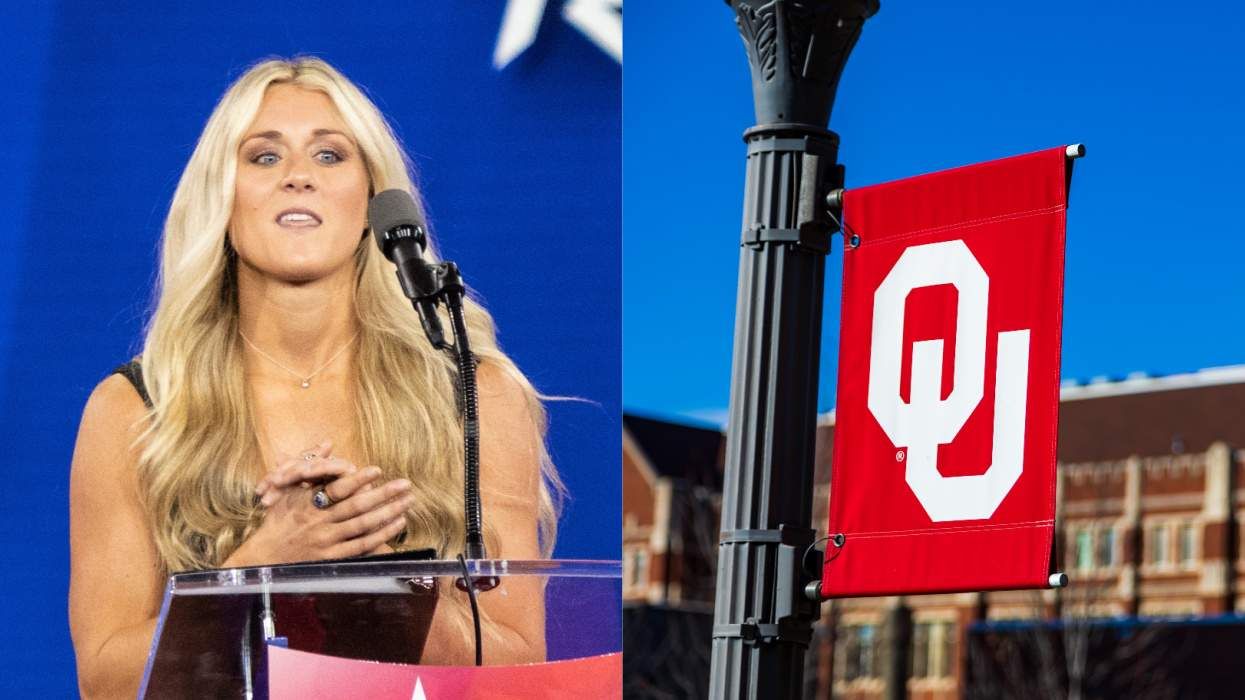


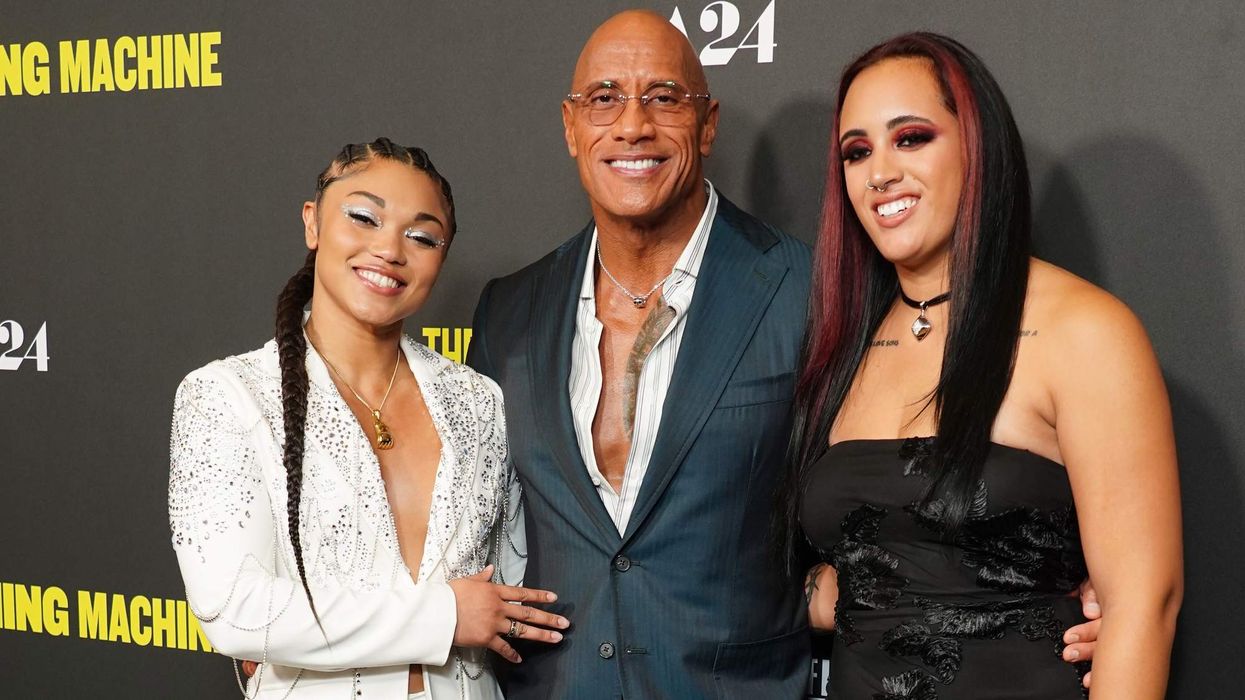
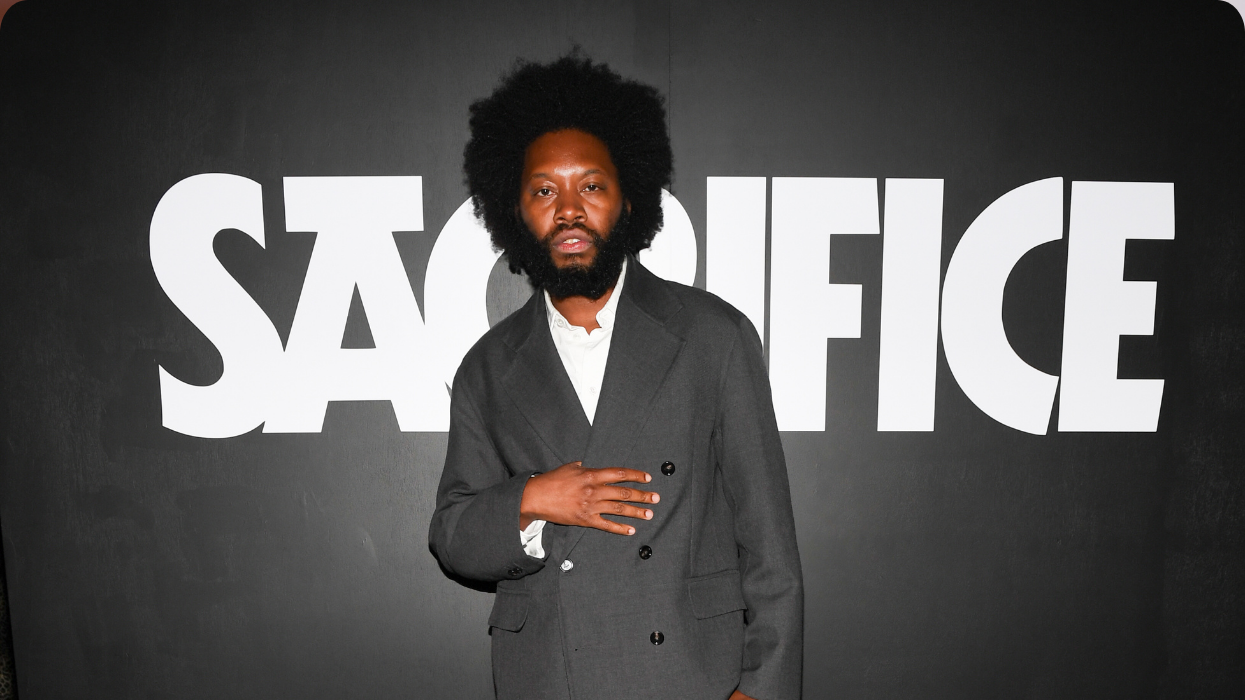
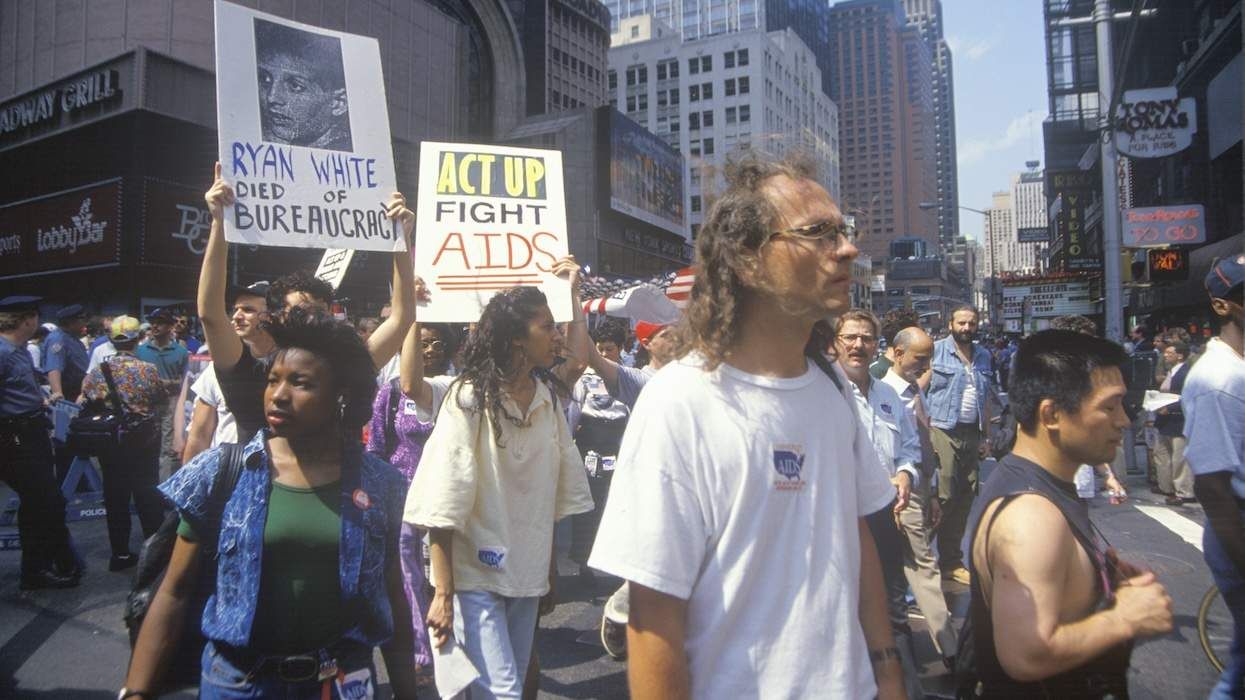


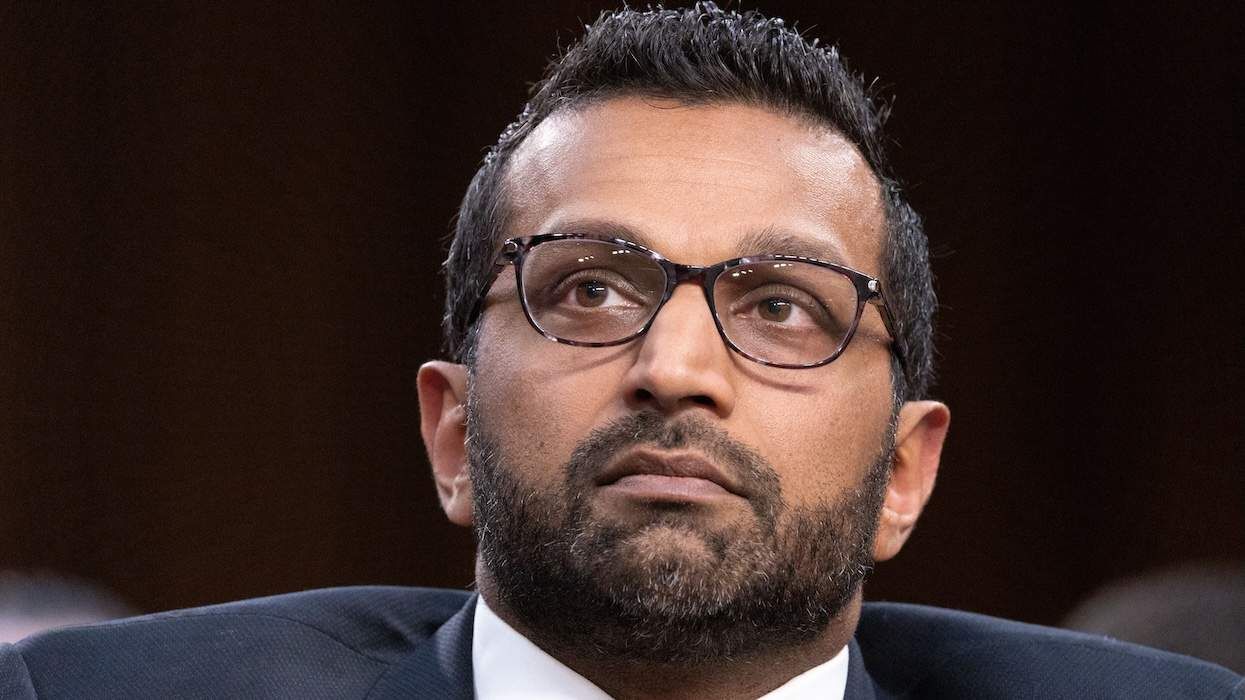
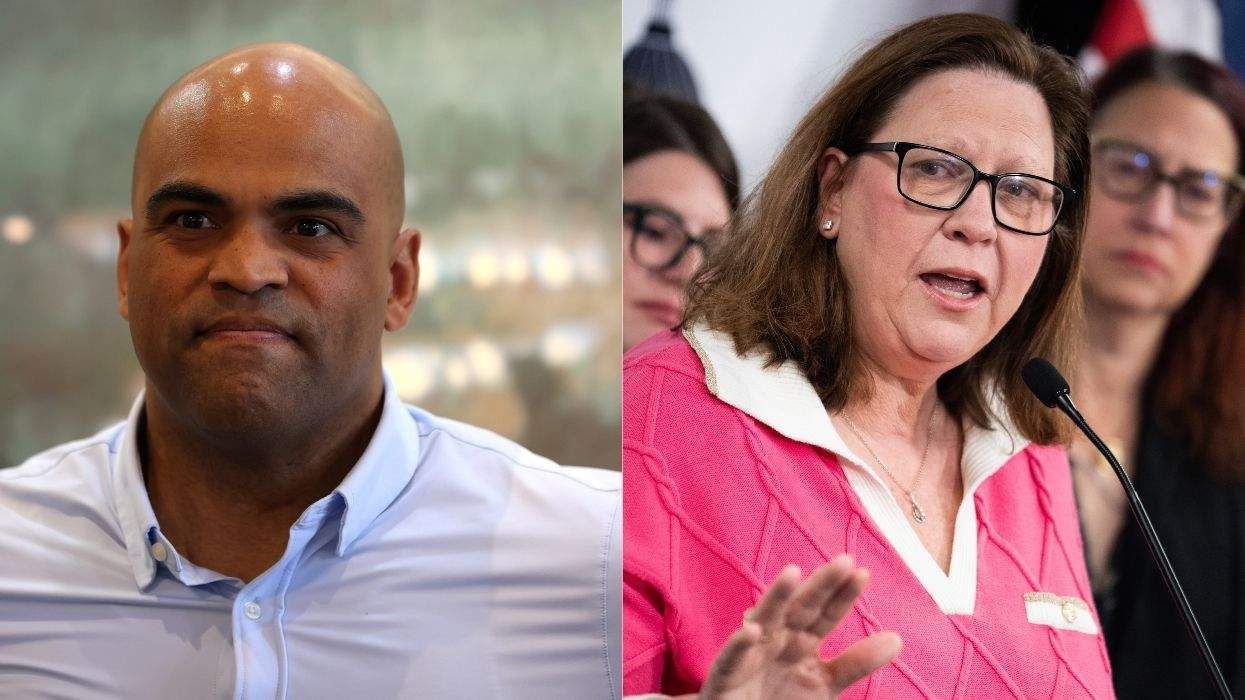


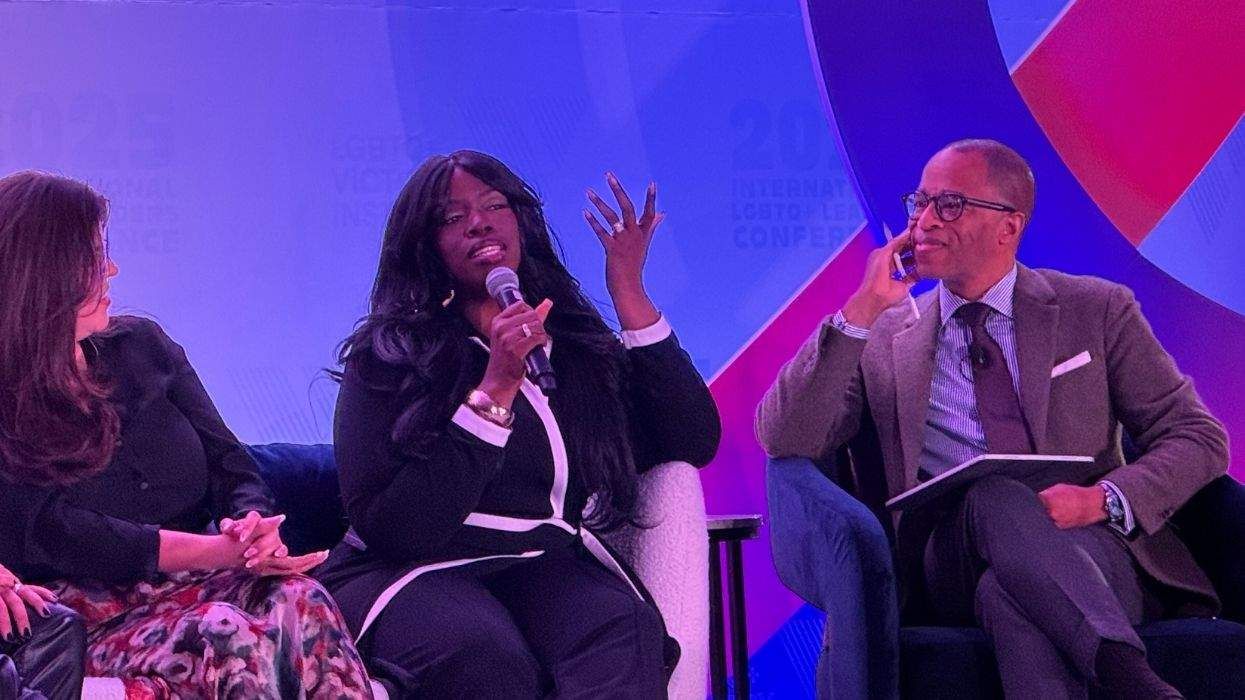
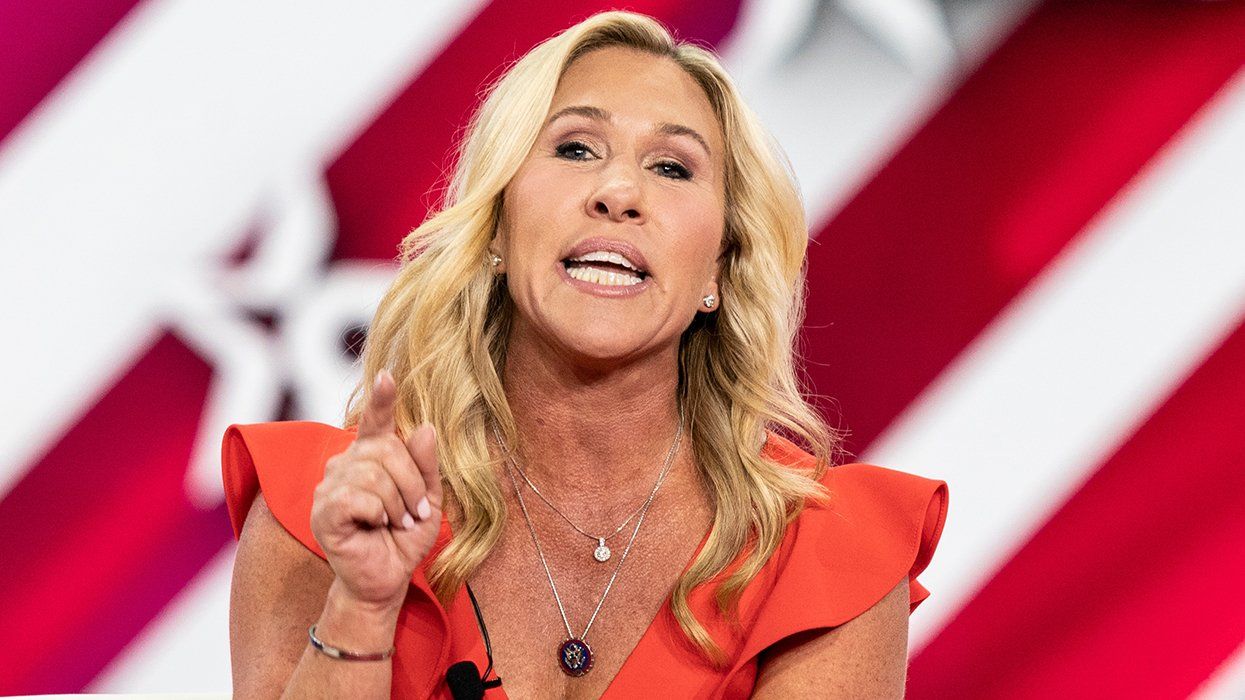
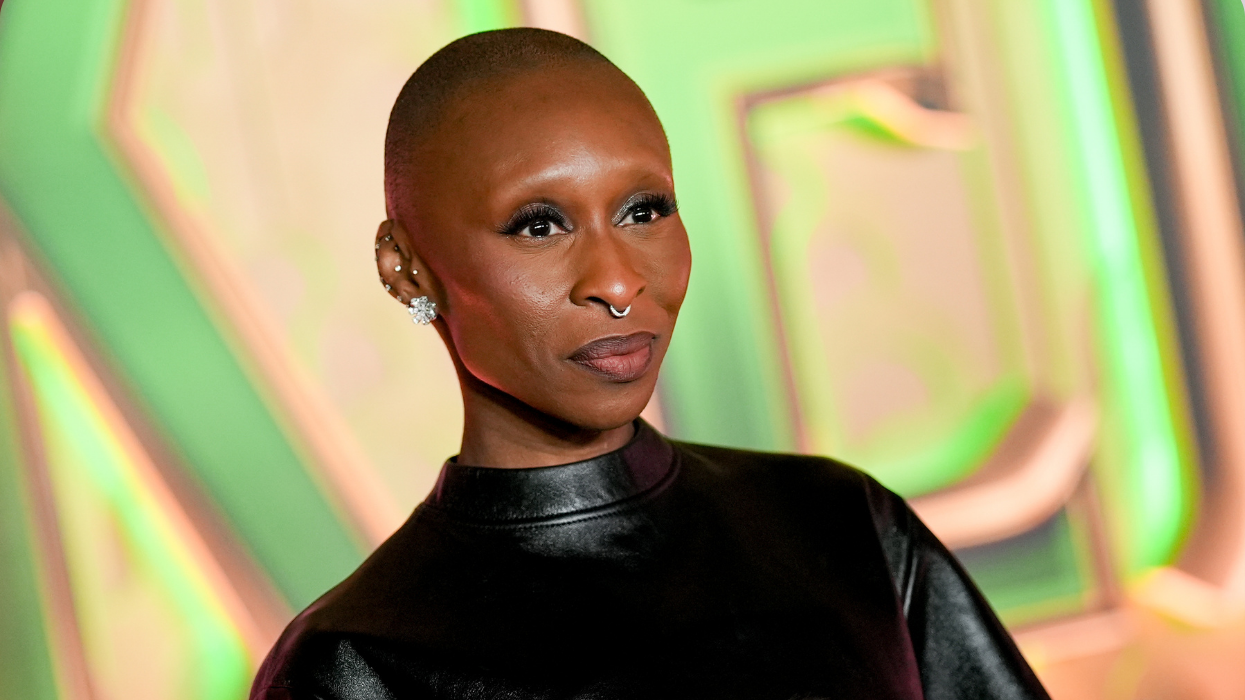

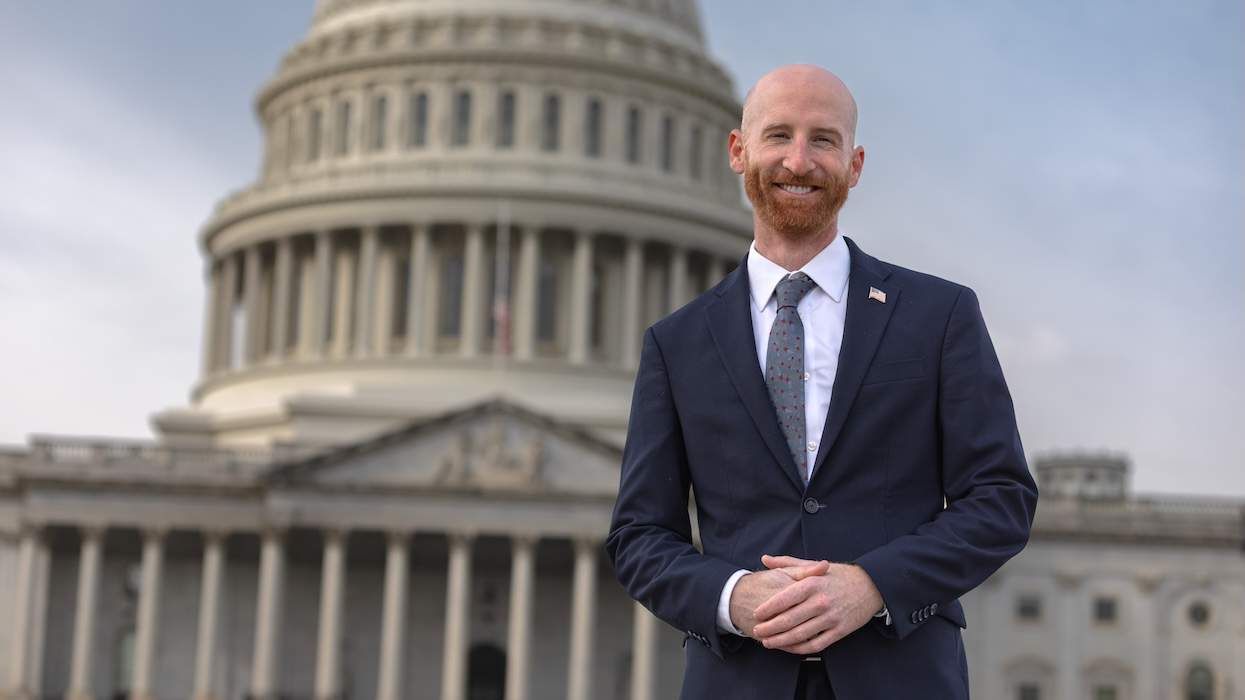
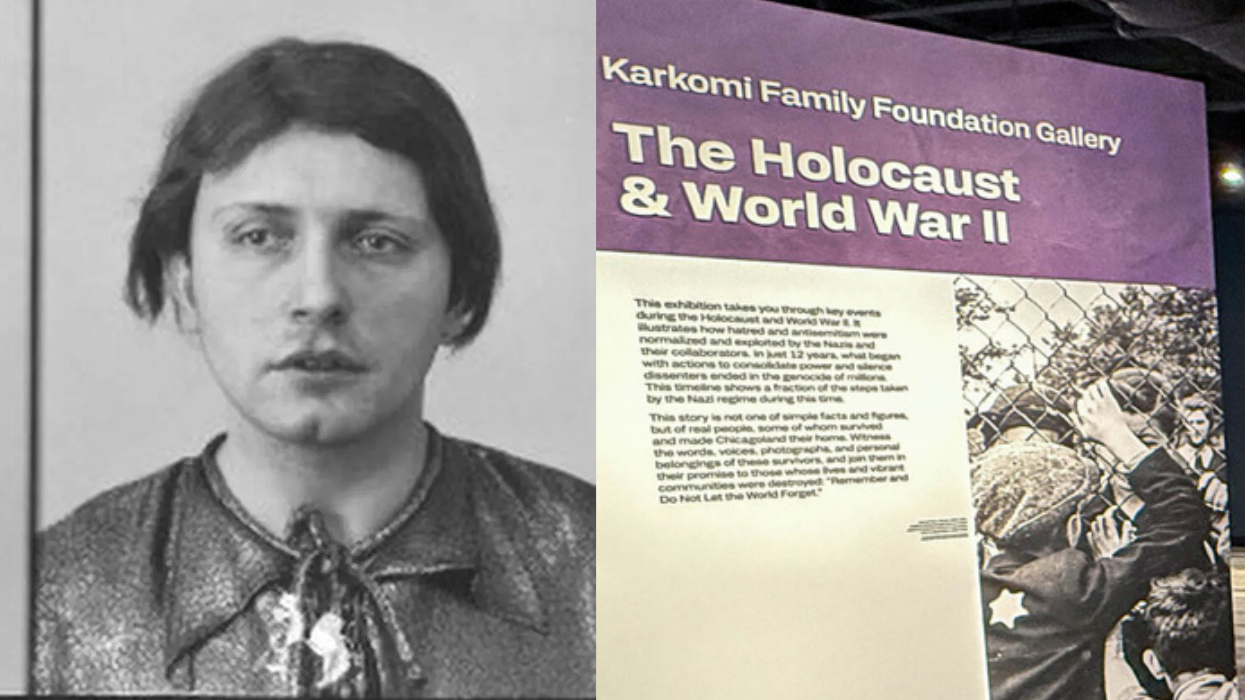




























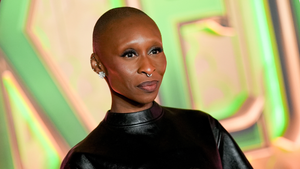
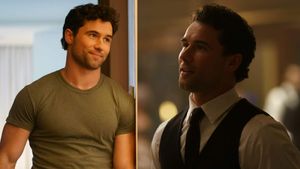










Charlie Kirk DID say stoning gay people was the 'perfect law' — and these other heinous quotes